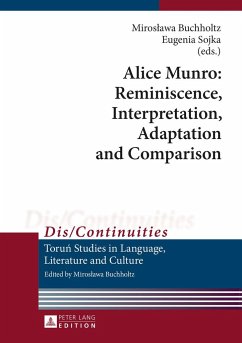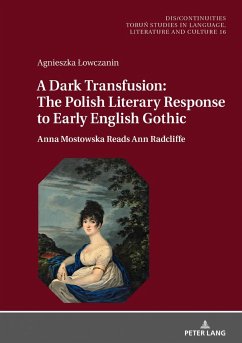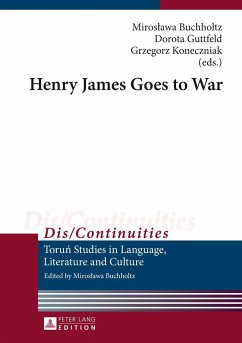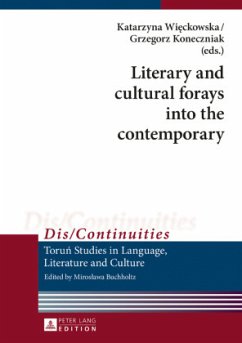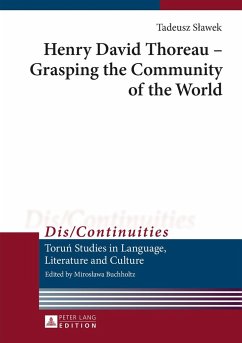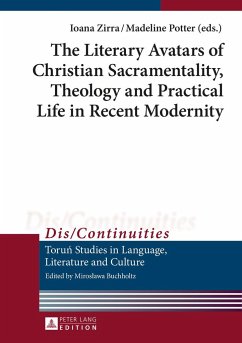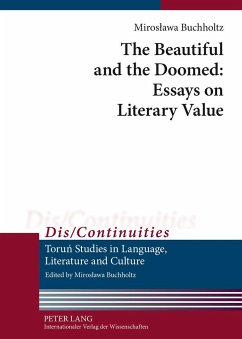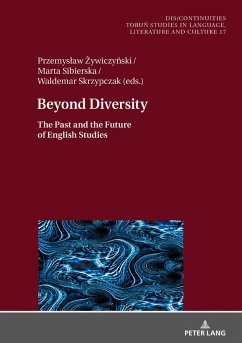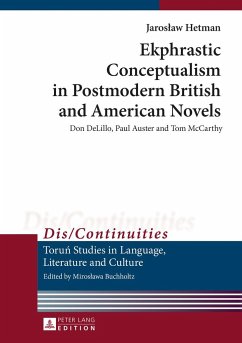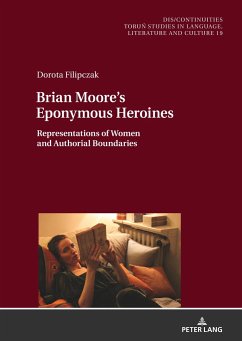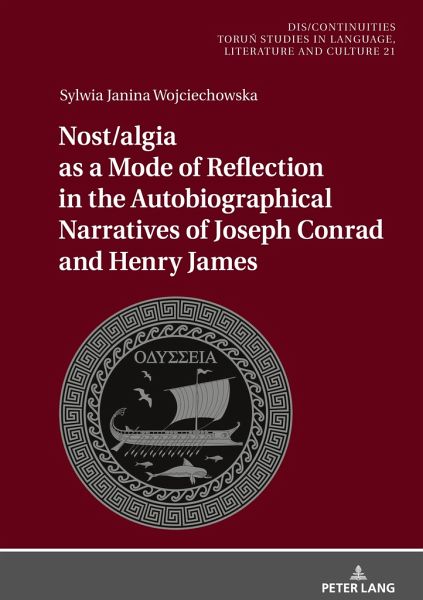
Nost/algia as a Mode of Reflection in the Autobiographical Narratives of Joseph Conrad and Henry James
Versandkostenfrei!
Versandfertig in 6-10 Tagen
49,95 €
inkl. MwSt.

PAYBACK Punkte
0 °P sammeln!
Within the past decades, nostalgia has become a misleadingly familiar concept. Whereas popular nostalgia connotes an idealised memory of the past, nost/algia implies a novelty of approach by focusing on the distinction between 'nostos' (the return) and 'algos' (the pain). Discussed with a reference to the pastoral and the Odyssey, the present study examines certain 'complex' deployments of the mode as applied in several autobiographical narratives of two ex-patriate writers, Joseph Conrad and Henry James. The book first traces the history and theory of autobiography and nostalgia. Second, it i...
Within the past decades, nostalgia has become a misleadingly familiar concept. Whereas popular nostalgia connotes an idealised memory of the past, nost/algia implies a novelty of approach by focusing on the distinction between 'nostos' (the return) and 'algos' (the pain). Discussed with a reference to the pastoral and the Odyssey, the present study examines certain 'complex' deployments of the mode as applied in several autobiographical narratives of two ex-patriate writers, Joseph Conrad and Henry James. The book first traces the history and theory of autobiography and nostalgia. Second, it interprets the nostalgic tensions as complex structures of thought which prompt certain inferences about the writers' respective attitudes towards the world and their inner selves.





